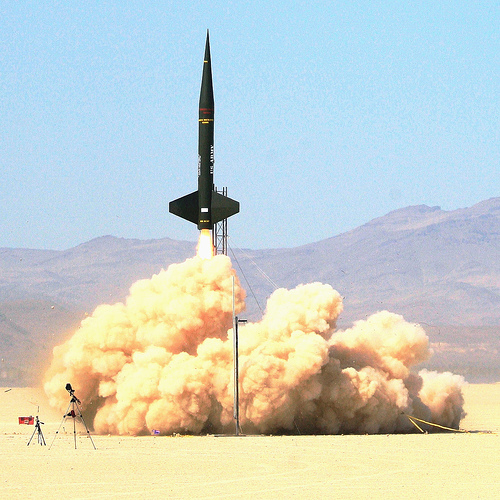What an honor to attend this year’s 100 Year Starship Symposium. For four days and three nights, some of the smartest minds around gathered in a hotel in downtown Houston to think about the future. For me, the exercise of looking forward was just as stimulating as anything specifically discussed. Humanity so rarely looks beyond even the next 5 years, that I think it can only elevate us as a species to work together toward further goals.

But I’ve always been a dreamer about space from infancy, when my parents tell me my first word was ‘stars’ (thanks to the glow-in-the-dark stickers on the ceiling over my crib). For a weekend, all the smart people in attendance didn’t need to justify their geeky love of space travel, but instead got to indulge their wildest imaginations and share their purest research. At 100YSS, the “bottom line” isn’t the potential profit for investors, but the potential enrichment for humanity.
I was struck by the parallels between the themes at this Symposium and the activism that’s taken up so much of my last 2 years. As LeVar Burton points out in my video, we have to dismantle the war machine to free the funds — and the human resources — needed to take us to the stars. We need to undo the damage done to our education, if we hope to create the scientists, engineers, and dreamers that will make the journey. To go to space, we have to preserve our home — its beauty and its ability to sustain life — first and foremost. To govern a starship, or our planet, we need new, more sustainable ways of measuring financial success and governing human behavior.
Some other recurring themes:
- Biophilia. Humanity depends on other life. Nature, our bacteria and other stowaways in our bodies. The wind, sun, and rain on our skin.
- Every step to the stars must benefit life on Earth as well.
- “Everyone has dreams, even if you don’t have a blanket to sleep under.” -Mae Jemison. Dreamers, writers, artists have a crucial part in visioning our future before the engineers create it, and then helping the world understand it after the engineers and scientists invent the tools.
- Rather than planning for only ideal human behavior, find ways to cultivate good behavior and allow for the inevitable breakdown.
- Overview Effect. Can we help all of humanity understand how fragile and worth protecting our world is? By looking down on Earth from space, astronauts realize that borders are an illusion. How do we do that here?
- Crowdsourcing Space. Every human needs a stake in our future.
I made several posts about the 100 Year Starship on Firedoglake’s Bytegeist:
- Telling Stories of the Future with 100YSS (from SXSW Interactive 2013)
- 100 Year Starship Symposium Preview
- Inventing the Future with 100 Year Starship
- LeVar Burton Guides us To The Stars
And collected tweets, photos, and other media from the Symposium on Storify:
